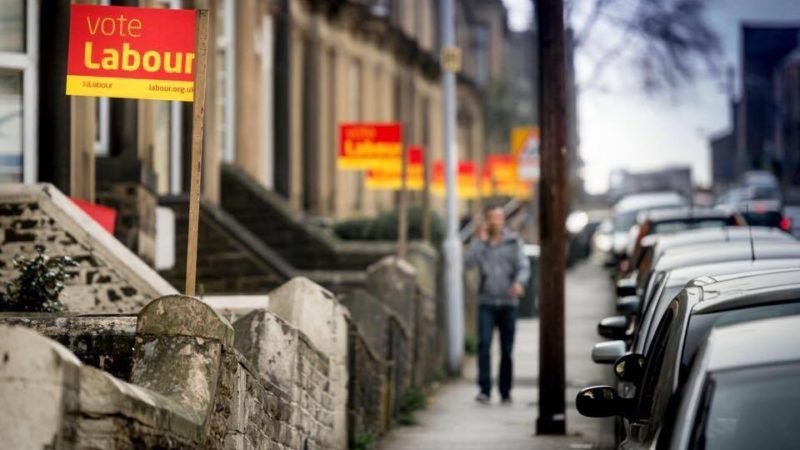
I’m delighted that Labour won in Peterborough overnight. It will ensure that there is another Labour MP fighting the corner for society’s most vulnerable people in parliament. But we also need to take stock of how close the Brexit Party came to taking the seat from us, and how much of our vote ebbed away. It’s fortunate that the Brexit Party could not match Labour’s strong campaigning infrastructure and established ground operation – but a Conservative Party with a no deal leader could be a different challenge altogether.
Nothing is ever certain in politics, but it looks likely that the next Conservative leader, and thus Prime Minister, will pursue a policy on Brexit that either welcomes no deal as the cleanest and most clear-cut way forward, or who at least wants no deal on the table as a backstop, to encourage the EU to renegotiate a better exit deal for the UK.
How should Labour respond? As it currently stands, our policy would be to block no deal and, as a direct result, block Brexit. As someone who has engaged with many Labour Brexit supporters across the country over the last few years, I know that this would damage us electorally. It would damage us in some of the most important areas of the country, like the North, the Midlands, and Wales, where we desperately need to shore up support.
It is not going to help Labour if this crucial group of Leave supporters gets alienated by Labour refusing to adopt a policy stance on no deal, which most of them would support. Significant numbers are involved. In the EU referendum in 2016, 37% of the 9.3 million Labour voters in the 2015 general election plumped for Leave, many of them in critical marginal seats in Wales, the Midlands and the North of England.
Until now, Labour has firmly rejected no deal on the grounds that this would be such a poor outcome that it could not be contemplated. When it looked as if a no deal Brexit would entail massive queues at Dover and Calais and a shortage of both food and medicines, these concerns were understandable. But since then a lot has changed. As a result of a substantial number of already negotiated mini-deals and other preparations that have been put in place, a hard look at no deal now looks a lot less daunting than it did before.
There are good reasons for which Labour MPs might reconsider their attitude to no deal – not necessarily as the best final outcome, but perhaps as the best available key to extricating ourselves from the current impasse. Accepting the risk of no deal could well encourage the EU to negotiate a new settlement with the EU, with concessions on the Irish backstop. This would produce a deal that could well get through parliament. After three years of fruitless negotiations, this is surely a development of which Labour needs to take notice.
This is an argument that Labour Leave has made in its latest research report, ‘It Makes No Sense To Throw Away Your Strongest Card’, which takes a fresh look at the real risks of no deal. A careful, considered assessment of the outlook reveals that while the outcome is not ideal, it is manageable. It is a risk that the country can prepare for and navigate, without too much disruption.
Of course, a large majority of both Labour MPs and party members would prefer the UK not to be leaving the EU at all, and there is plenty of pressure within the party for Labour to become openly in favour of Remain, like the Lib Dems. This is what produces the widespread calls for a second referendum to provide democratic cover for reversing Brexit, which those who support a second referendum hope would be its outcome.
The problem with this approach is that there is no majority in the current House of Commons for a second referendum. Neither is there much prospect of a general election to change things on this score, at least within the timeframe required to influence the way Brexit is handled.
Labour MPs need to take a view, knowing where we are now, on both what is best for the country and what is most likely to hold together the party’s vital coalition of support between mostly Remain-orientated liberal-minded middle-class people and the largely Leave-leaning industrial working-class voters who have long been Labour’s electoral bedrock. Maybe reconsidering no deal would be the right thing for Labour MPs to consider on both counts.




More from LabourList
Nudification apps facilitate digital sexual assault – and they should be banned
Diane Abbott suspended from Labour after defending racism comments
Labour campaign groups join forces to call for reinstatement of MPs